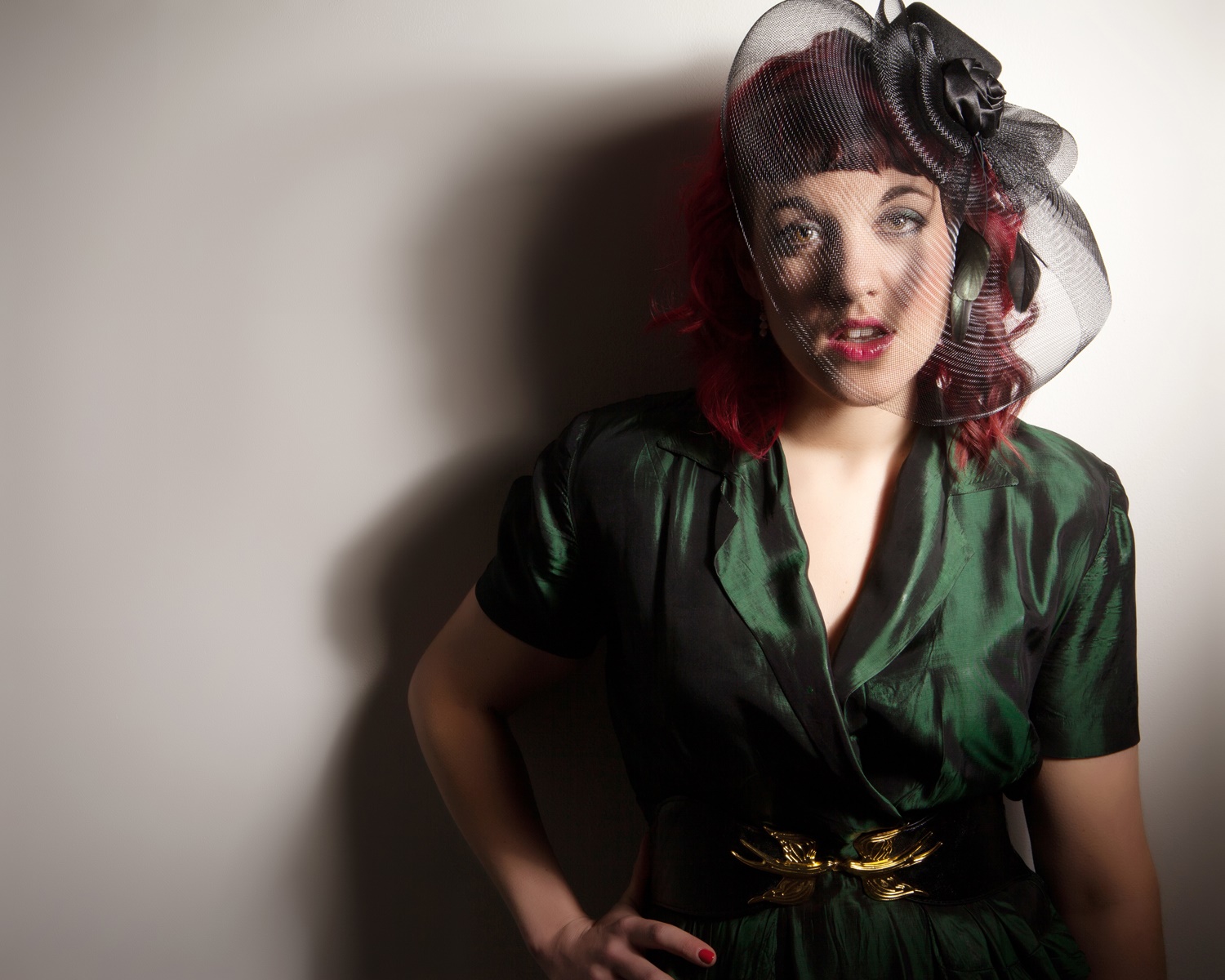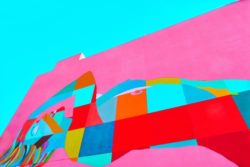Reflection on ETHER Seminar One: What Am I Saying? What Are You Hearing?

Author: Sarah-Jane Mason, June 2021
ETHER Reflection Prompt
We are particularly interested in what stood out for you in the seminar, in any (even if tentative) connections you are making in relation to your own creative practice and/or in any questions that have arisen for you. #flattenthehierarchy #ceilidhseminars #theorythatgrooves
ETHER Reflection
I have started and deleted this reflection many times now. I’m not sure why it is so hard to order my thoughts and put them down in writing. It might be because there is so much there to think about, to process, to question and to consider. Which parts of my practice were impacted by the seminar? How has it been impacted, in what way? What do I need to learn more about? Who do I need to talk to? What have I taken away that aligns with or challenges my current practice? What will change my practice in the future?
The sheer volume of content for a short seminar was a little overwhelming. I am still unpacking so much of what was said that even now after a few weeks of processing I’m not sure that I am fully ready to write a reflection. (I might write another in a few months that makes more sense!)
However, I have been digesting my notes, highlighting things that stood out for me and circling quotes that have connections to my practice. This reflection post, then, is a way of helping me to formulate my thoughts for myself as much as for those reading it.
To provide a format for this piece of text I am using highlights from my notes as sections headers.
What am I saying? What are you hearing?
A fundamental checkpoint of communication.
I need to keep going back to this. Over and over again.
I work with creatives from all over the world speaking many different languages, with many different contexts and various lived experiences. Checking in is crucial to both successful communication and in building an effective relationship that nourishes both parties.
Being the Gatekeeper
I’ve spent so long fighting against unethical, elitist and/or segregationally motivated gatekeepers that I need to check in with the new reality that this fighting has caused.
The result of this fighting?
I am a gatekeeper.
A gatekeeper for an international community of creatives. What a responsibility! Over 500 creative practitioners make up the Lacuna Festivals community so far and each year, the community is growing bigger. I’m not saying that I’ve been totally blind to this, but the full weight of the responsibility of this hit me during this seminar.
Discomfort Signals Transformation
As a committed Yoga practitioner, discomfort is something that I am still learning to accept and sit with. It is something I’ve been working on for over a decade and still it is very difficult to just be with any level of discomfort – mental, physical, emotional, psychological etc. And yet this is what I ask so many of my participants to do. I have not ever directly tackled this element of engaging with the other in terms of its impact on the potency and potential of meaningful interactions.
Moving forward it is something that I am going to consider more carefully when working with others, particularly when working with others who have different experiences to my own ie. everyone. It is something that I shall be more open about when talking with participants. Because after all, discomfort can signal transformation but it can also signal a move in the opposite direction, a retreat to ‘safety’.
I have not ever directly tackled this element of engaging with the other in terms of its impact on the potency and potential of meaningful interactions. Moving forward it is something that I am going to consider more carefully when working with others, particularly when working with others who have different experiences to my own ie. everyone.
Magic – The Third Party in Collaboration
The discussions we had about magic were of particular interest to me as it resonated with the work, I did with Dr Anni Raw when she presented her thesis, ‘A model and theory of community-based arts and health practice (2013) [link: http://etheses.dur.ac.uk/7774/ ]. In this research, Raw proposes a complex theory that is behind the approach of creative practitioners seeking to enable meaningful engagement with difference. The theory is complex because there is so much to it.
And this is the thing for me. There is so much to it - it’s not just magic, there’s also a lot of hard work.
Creative practitioners actively working to encounter difference and engage with the other are highly skilled, committed, reflective practitioners that are frequently educated to a very high level in their specialist fields. Yes, there is definitely an element of something unknown - we can call it magic - that is present when practitioners facilitate meaningful interactions with the other. It is something to do with intuition, connection, trust, connective histories and a whole lot more. It is a hard thing to put your finger on and in this sense, I am more than happy to call it magic.
But the whole process is so much more than that. The magic is one element in a very complex operation and when we discuss this most elusive component of our work, I feel that we have to be careful not to over-simplify or romanticise things. I certainly do not want to perpetuate the rather persistent myth that creative practice is a magical gift. So yes, there is magic, it is there but it is there along with a lot of other components.
The comment that the magic is like the third party in a two-part collaboration resonated with me. The practitioners need to bring everything they’ve got to the encounter for the magic to happen, but if they do that the magic will be there as an extra collaborator. What a lovely narrative!

The active versus the passive of this terminology is what matters, as was noted in the seminar. Subtle changes in terminology can make a huge difference as noted, for instance in the conversation between Thea Pitman and Adam Jaffer. Artist not known/Maker not recorded. The power and the dynamics of responsibility are totally transformed through this simple change of two words. It also leads me to ask, why did ‘artist’ get changed for ‘maker’? Is this a lean towards a flattened hierarchy where all creators from all artforms are referred to as makers? Or is it a reference back to the traditional hierarchy of indigenous craft, craft, art, high art?
This dissection and evaluation of the weight and impact of the words we choose to use has the potential to have a huge impact on my practice. Each year, I curate over 600 pieces of artwork from around the world into one exhibition. This year Lacuna Festivals Distance 2021 has 350 artists from 83 countries taking part in the festivals. I cannot even imagine the combined lived experiences that I am working with, the contexts of each one of these artworks.
Responding sensitively, being respectful and working towards an approach that is peaceful, sustainable and creates a happy and healthy artistic community is a huge task. Inevitably I make mistakes, do or say the wrong thing, don’t notice my biases creeping in or enable questionable narratives to appear. I am, after all, only human and none of us are perfect. I am not blind or naïve to this. But I know that I can work towards eliminating things from my practice and promote an environment that is welcoming, safe, non-judgemental and empowering for those working within it.
With the wealth of information, I took from this seminar I am feeling confident that I can focus on working in a way that supports meaningful engagement for the international artist community that I am working with. Going forwards I will spend more time thinking about the kind of narrative I am creating. This is not only with the text that accompanies the artworks but throughout the whole event; in the physical arrangement of the artwork itself; with the programme schedule and with the opportunities for artists to engage with the participation projects.
I need to seek out opinions, experiences and ideas from many more people to get a wider range of perspectives. This will help to make sure I am constantly going back to that most fundamental checkpoint:
“What am I saying? What are you hearing?”
Read more about the author here: Sarah Jane Mason
